This article was written by Felix Puff and Rebekka Moser
Imagine yourself walking along the coast of southern Montenegro, just a few kilometres from the beach. You can hear something rushing. It could be the sea but it’s actually the luxury car that just passed you. You remember a few years ago, when you were sitting here on the sand dunes watching all the different birds flying and hopping around. That was before Long Beach was destroyed by the construction of luxury buildings, fueled by the foreign investment which many people hoped would bring them financial success. Long Beach, a very important habitat for numerous plants and animals but also for the local population. Do we really want this to happen?
The members of the NGO Green Home and many other organisations agree that they will do everything they can to fight against this terrible development currently in the happening. Green Home was founded 25 years ago and is currently run by five dedicated women, two of which (Iva and Nina) took the time to tell us about their work to protect nature.
They try to raise awareness from a young age to change peoples’ mindsets. Members talk about the importance of nature in elementary and high schools, organise cross border camps together with Albania and Kosovo in the Accursed Mountains for teenagers where they can connect with other young people from neighbouring countries and with their surroundings to learn about nature and its conservation.
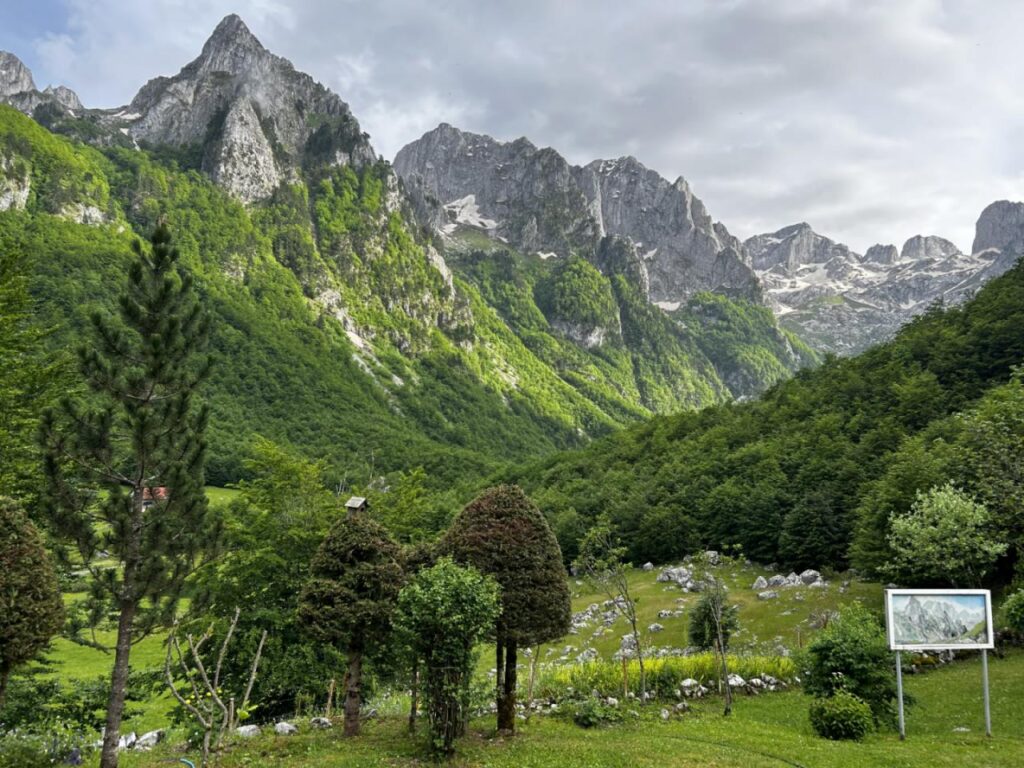
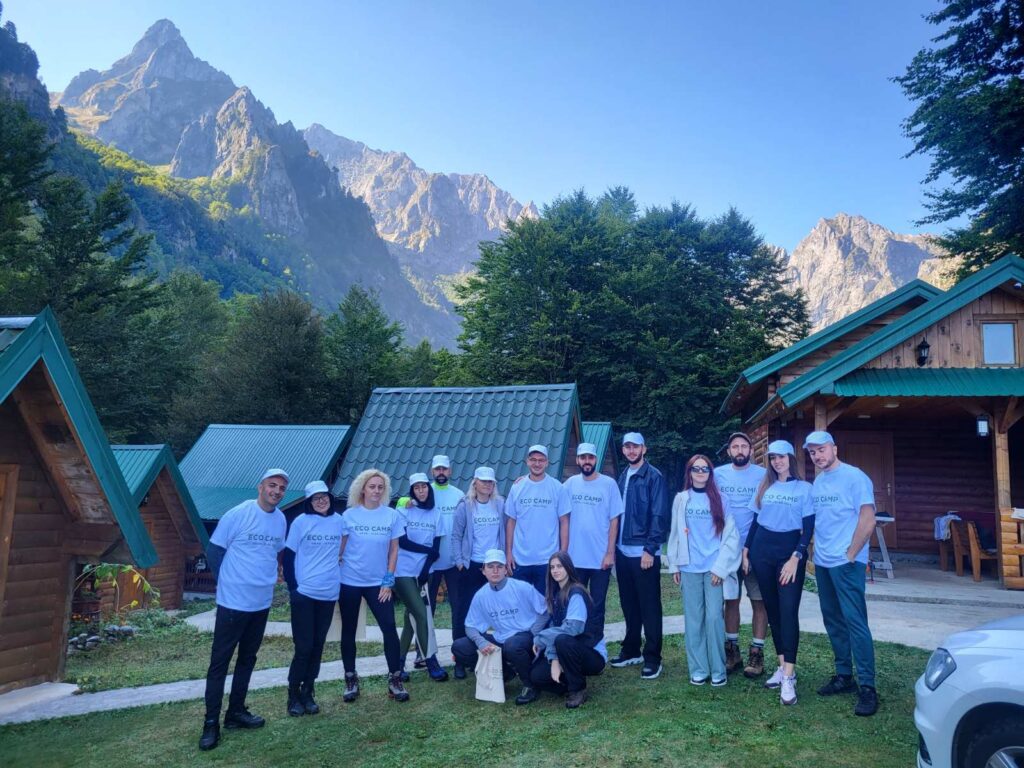
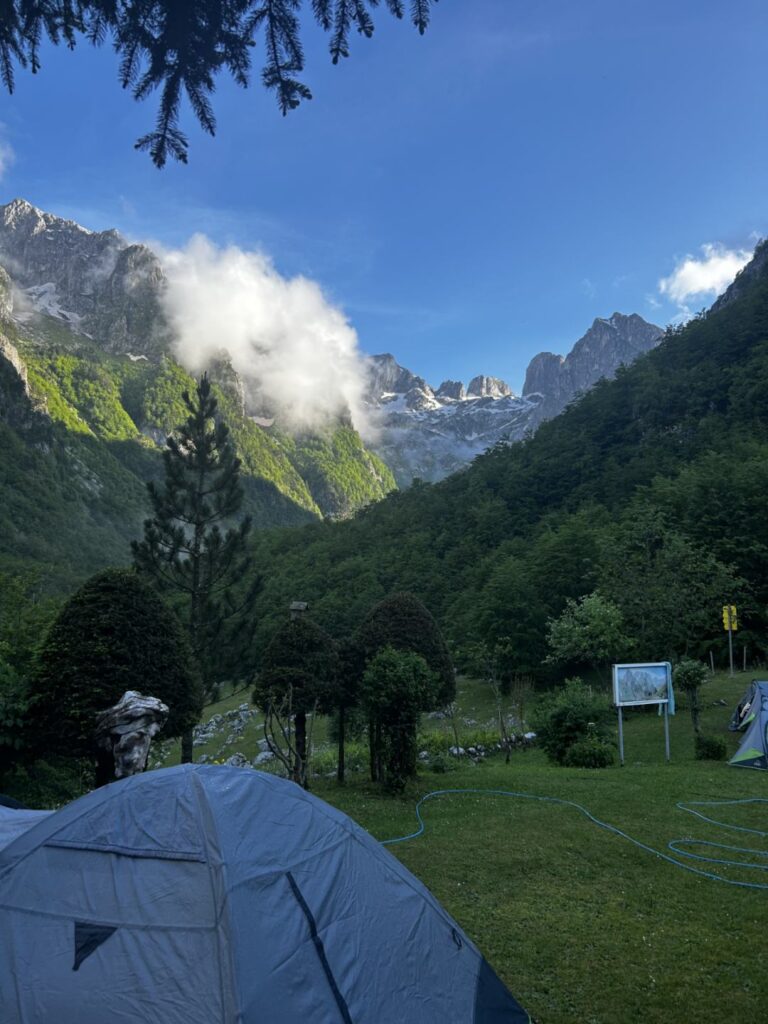
Photos of the cross-border youth camps, where young people from Albania, Kosovo and Montenegro get the chance to spend a few days together in the breathtaking atmosphere of the South-Balkan mountains.
Long Beach, a unique jewel threatened by foreign investment
Green Home along with other NGOs of Montenegro actively raises their voice in the media or on a legislative level. Right now, there is an ongoing trial about the conservation of Long Beach, in Ulcinj. It is one of the biggest sand dune environments in the eastern Adriatic Sea and thus home to a myriad of animal and plant species. However, Foreign investors approached the Montenegran government with an offer to buy the construction rights on Long Beach, which would mean the destruction of the unique sand dune ecosystems through the construction of luxury hotels, which would not even be in the hands of Montenegran people themselves. Therefore, it came as a complete shock when the Montenegran government accepted this offer and adopted a formal Agreement on economic cooperation. And this even though the European Union expressed its clear opinion about nature conservation in Montenegro and how important it is for a possible accession to the European Union. According to EU criteria, construction projects such as the one planned on Long Beach would push Montenegro backwards. It was this project, however, that showed how engaged the locals can be if the situation is getting serious. The resistance from the local population, different NGOs, political parties on a local and national level was huge, and big protest were being organised during our visit in Montenegro. Nina and Iva already think ahead. If the current efforts save Long Beach from destruction, they especially hope that the government will not just sell the rights to other pristine coastal areas, like the beaches around Petrovac.
Lake Skadar and its invaluable wetlands
Dubious construction projects are also threatening another valuable ecosystem and National Park, the large Lake Skadar, which Montenegro shares with Albania. Like long beach, it is a huge and very valuable ecosystem for the local flora, fauna and for migrating birds. Currently, there are three major stressors threatening the lake. Illegal construction, illegal and uncontrolled fishing and a large increase of wastewater input. Many large cities of Montenegro, like the capital Podgorica and Niksic, lie close to the lake. These have grown fast during the past decades and the wastewater treatment plants struggle to keep up with the increasing population. Luckily lake Skadar has a high rate of water inflow and outflow, which currently help to keep its ecological networks stable. But if wastewater treatment plants are not adapted to the increasing urban population a tipping point might be reached soon.
Otters, cross-border ecological sentinels
Lake Skadar is also home to a large population of otters (Lutra lutra), which has been assessed as part of a project between Albania and Montenegro through the European Green Belt initiative. Nina tells us that such cross-border projects greatly help in boosting the political relevance of nature conservation and she has been responsible for the Albanian side of the monitoring. As of yet there no comprehensive dataset about lake Skadar’s otters existed, thus the efforts of this project are an important step in gathering standardized data that help to preserve and study this species in the region. Already the preliminary results on the activity of otters show how valuable indicators they can be. This may lay the groundwork for the long-term monitoring of the and the future improvement of the status of this threatened species.
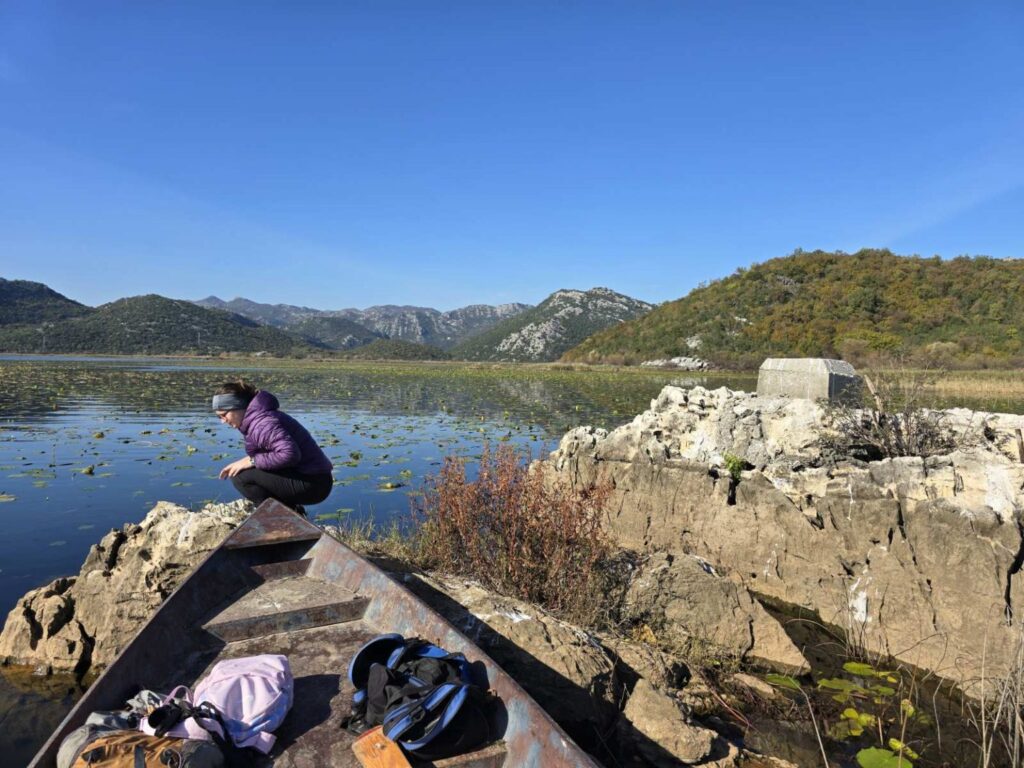
Otter monitoring at the shores of Lake Skader. It mainly involves the collection of anial scats and the locating of otter nests.
A big thank you goes to Green Home who plays an important role in protecting a small but amazing part of planet Earth. Towards the end of our interesting talk, Iva and Nina said: “We have a will, we have a wish.” And we think that that is exactly the way it should be. We must put hands on and protect what we call home. It must remain home not just for us, but for future generations and other species that make it the beautiful place it is right now.
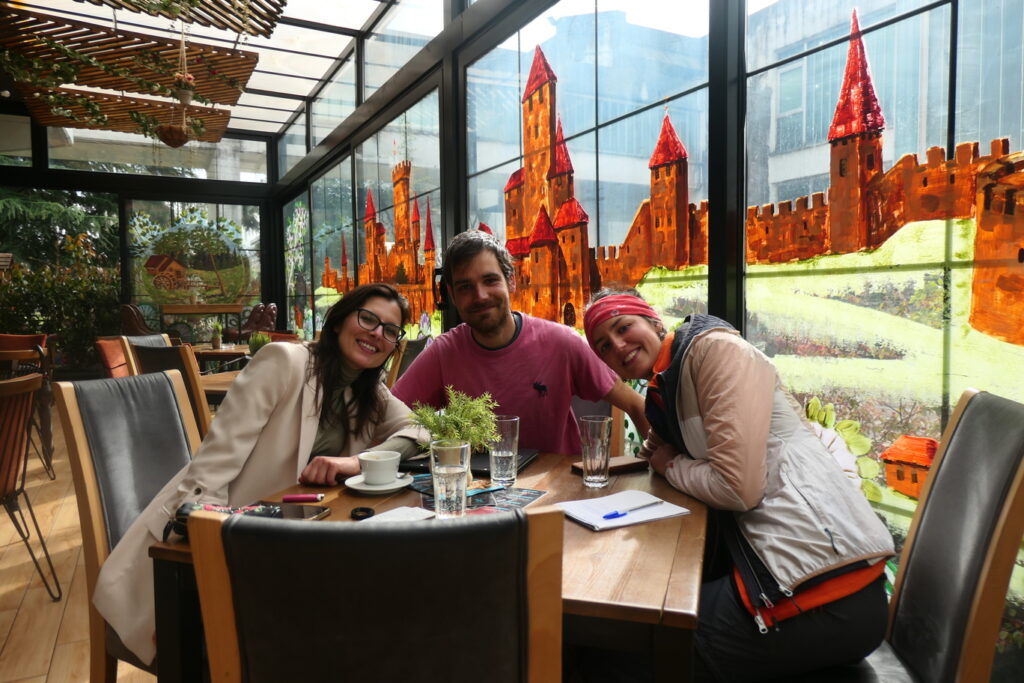
Us (Feli and Bekki) meeting Nina on a rain day in the University coffee in Podgorica
